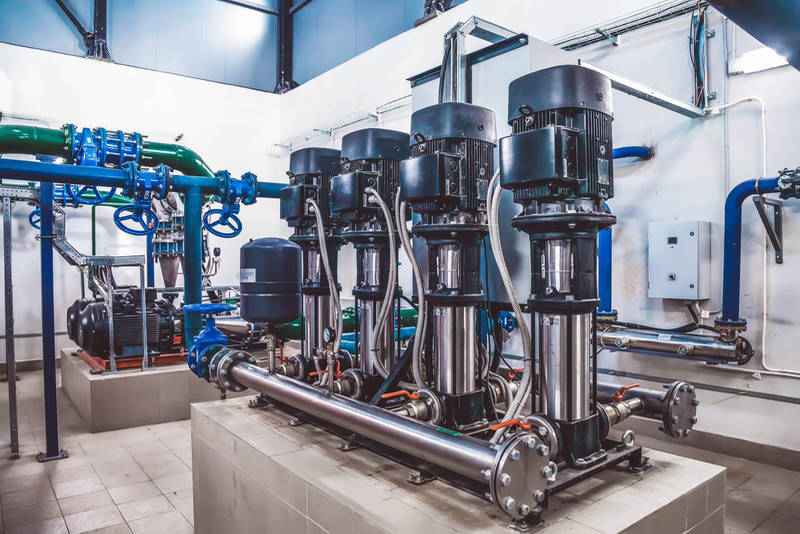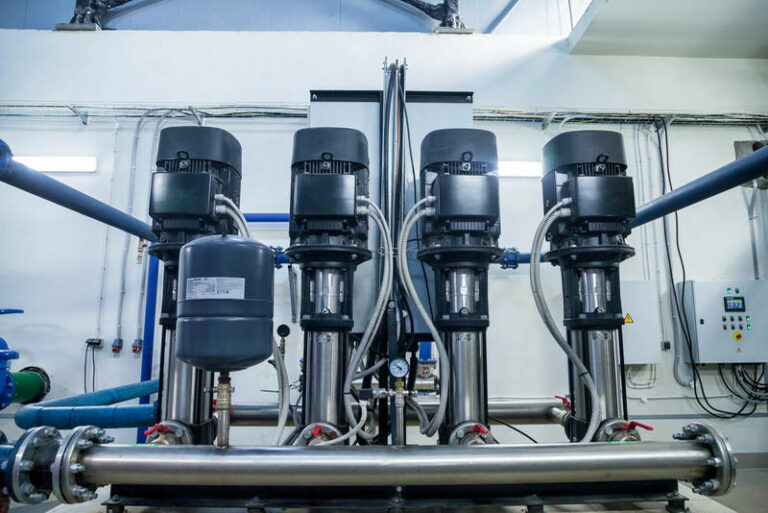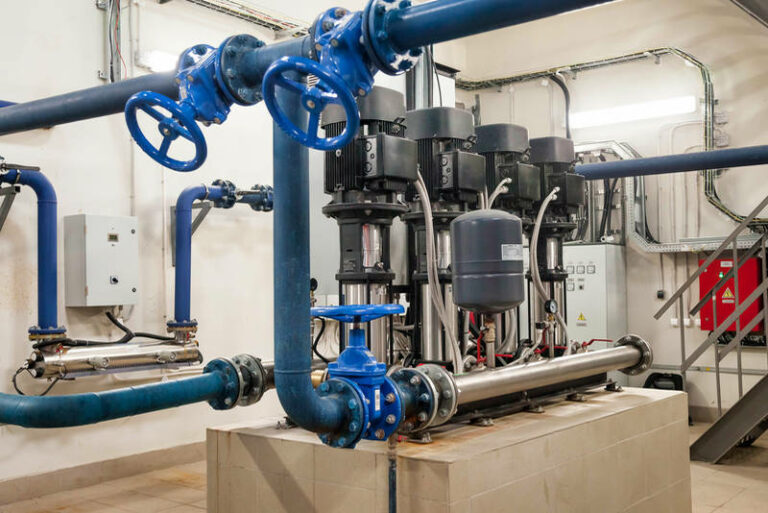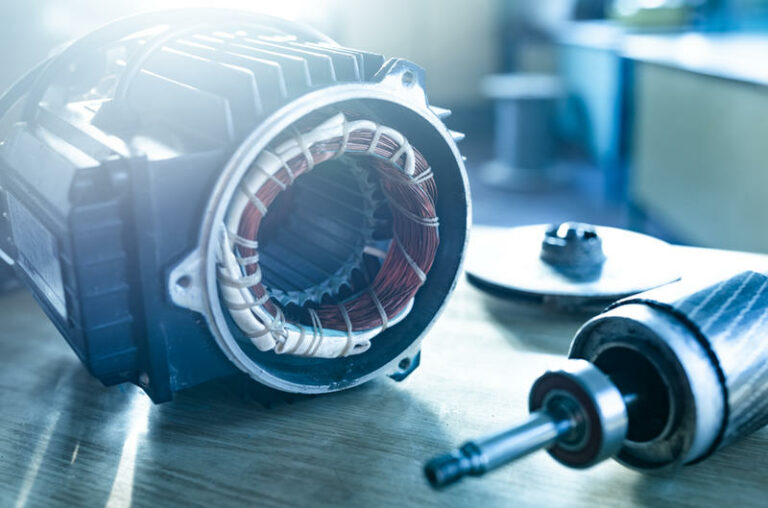Industrial Pump Solutions In Denver, Colorado

In today’s fast-paced industrial environment, choosing the right pump is critical to ensuring the smooth operation of your processes. From wastewater treatment to chemical processing, oil and gas extraction to food and beverage production, the role of reliable industrial pump solutions cannot be overstated. Whether you’re replacing an aging system or implementing new technology, understanding what to look for in industrial pumps will help you make informed decisions.
This comprehensive guide will walk you through the basics of industrial pump solutions, key factors to consider, FAQs, and essential questions to ask suppliers when making a purchase.
What Are Industrial Pump Solutions?
Industrial pump solutions refer to a wide range of pump systems designed to meet the specific needs of various industrial sectors. These pumps help transfer fluids—such as water, chemicals, oil, or slurry—from one location to another, either within a facility or between distant points. Some common types of industrial pumps include:
> Centrifugal pumps: Best for low-viscosity liquids, such as water or light chemicals.
> Positive displacement pumps: These pumps are ideal for thicker fluids, slurries, or applications requiring high pressure.
> Diaphragm pumps: Used when handling corrosive, viscous, or abrasive fluids.
> Gear pumps: Often used for oil, chemicals, or any fluid requiring precise flow control.
The choice of an industrial pump depends heavily on the type of fluid being handled, its viscosity, the required flow rate, pressure, and the operational environment.
What to Look for in Industrial Pump Solutions
Selecting the right pump for your industrial application involves various factors. Here’s a breakdown of what to look for when evaluating potential pump solutions.
1. Pump Type and Application Suitability
The first consideration is choosing the correct pump type based on your application. For example:
> Centrifugal pumps are suited for applications with high flow and low pressure.
> Positive displacement pumps are better for handling thick or viscous fluids under high pressure.
> Peristaltic pumps excel in the food and beverage industry or other sensitive processes where contamination must be avoided.
It’s essential to select a pump that aligns with your specific operational needs to avoid breakdowns and inefficiencies.
2. Material Compatibility
Industrial pumps need to be made of materials that can withstand the fluids they will be pumping. For instance, corrosive chemicals require pumps made from materials like stainless steel, while highly abrasive materials might necessitate ceramic-lined pumps. Ensuring that the pump’s internal components are made from materials compatible with the fluid being handled will prevent premature wear and damage.
3. Flow Rate and Pressure Requirements
Another critical consideration is the required flow rate (how much fluid the pump needs to move over time) and pressure (how much force the pump needs to apply). Different applications require different flow rates and pressure levels. Make sure the pump you select can meet the specifications necessary to maintain your operations efficiently.
Flow rates are typically measured in gallons per minute (GPM) or liters per second (L/s), and pressure is measured in PSI (pounds per square inch) or bar. Underestimating or overestimating these factors can lead to inefficiencies or even damage to your equipment.
4. Energy Efficiency
Energy efficiency plays a huge role in minimizing operating costs. Pumps that are designed with energy efficiency in mind can save your operation a substantial amount of money over time, particularly for facilities that run pumps continuously. Look for pumps with variable frequency drives (VFDs) or other energy-saving technologies that adjust the pump’s operation according to the system’s demands.
5. Maintenance and Reliability
The long-term maintenance costs of an industrial pump can have a major impact on its total cost of ownership. Selecting a pump with fewer moving parts, such as diaphragm or gear pumps, can help reduce maintenance requirements. On the other hand, centrifugal pumps may require more frequent checks and servicing due to the wear and tear on their impellers.
Reliability is key, so look for brands that offer durable, well-tested models with warranties or strong service agreements. A reliable pump reduces downtime, repair costs, and overall frustration.
What to Be Aware of When Sourcing Industrial Pumps
While selecting an industrial pump may seem straightforward, there are some potential pitfalls to be aware of:
1. Low-Cost Options with Hidden Costs
While cost is always a consideration, choosing a pump based solely on price can backfire. Low-cost pumps may have hidden expenses like higher maintenance costs, lower efficiency, and a shorter lifespan. When assessing pumps, focus on their overall cost of ownership rather than just the initial purchase price.
2. Oversized or Undersized Pumps
Selecting a pump that is either too large or too small for your application can lead to inefficiencies. An oversized pump may waste energy and cause excessive wear, while an undersized pump will struggle to meet operational demands, potentially causing breakdowns. Work with your supplier to ensure the pump is correctly sized for your specific requirements.
3. Ignoring Local Conditions
Colorado, with its unique environmental and operational challenges, requires industrial equipment that can handle altitude, temperature variations, and possibly abrasive local water sources. Be sure the pump you select is designed to handle Colorado’s specific conditions.
4. Environmental and Regulatory Compliance
Some industries, such as chemical processing or water treatment, need to follow strict environmental regulations. Make sure the pump you select complies with all relevant local, state, and federal environmental standards, especially regarding leakage, energy consumption, and fluid disposal.
Questions to Ask Your Pump Supplier
Before purchasing an industrial pump, it’s important to ask the right questions to ensure you’re making a well-informed decision. Here are some essential questions:
What type of pump do you recommend for my application? This ensures the supplier understands your needs and is recommending the right type of pump for your specific application.
Are the materials of the pump compatible with the fluid I will be pumping? Ask this to avoid issues related to corrosion or damage over time.
What is the lead time for delivery and installation? Knowing how long it will take to receive your pump is crucial, especially if you’re replacing a pump that is critical to your operations.
What are the energy consumption levels of this pump? Understanding how energy-efficient the pump is will help you project long-term operational costs.
What kind of maintenance does this pump require? Find out how frequently the pump will need servicing and what typical maintenance costs are.
What is the warranty and customer support policy? Ask about warranties and after-sale support to ensure you’ll have help when issues arise.
What are the total costs, including delivery and setup? Clarifying all costs upfront ensures there are no surprises later on.
How long does this pump typically last under my specific conditions? Knowing the expected lifespan of the pump helps in planning future investments and replacements.
Frequently Asked Questions (FAQs)
Q: How often should industrial pumps be serviced?
A: The frequency of servicing depends on the type of pump and its application. Centrifugal pumps may require more frequent maintenance, such as impeller cleaning or seal replacement. Positive displacement pumps and diaphragm pumps, with fewer moving parts, typically require less frequent servicing. Always follow the manufacturer’s guidelines for maintenance schedules.
Q: Can I use one pump for multiple applications?
A: Some pumps are versatile enough to handle various applications, but it depends on the fluid being pumped and the operational requirements. Always verify that the pump is compatible with all fluids and pressures you intend to use it for.
Q: What is the most energy-efficient type of industrial pump?
A: Positive displacement pumps, such as gear or diaphragm pumps, tend to be more energy-efficient in high-pressure or high-viscosity applications. Centrifugal pumps may be more efficient for low-pressure, high-flow scenarios. Variable frequency drives (VFDs) can further improve the energy efficiency of any pump type.
Q: How do I know if my pump is undersized?
A: An undersized pump will struggle to meet flow and pressure requirements, resulting in poor performance, overheating, and increased wear. If you notice these symptoms, the pump may need to be evaluated for proper sizing.
Q: Can industrial pumps handle solids or abrasive fluids?
A: Yes, certain types of pumps, such as diaphragm pumps or slurry pumps, are designed to handle fluids containing solids or abrasive materials. Gear and peristaltic pumps are also known for handling fluids with solid content effectively.
Q: How do I ensure my pump complies with environmental regulations?
A: Work with your supplier to confirm that the pump meets local environmental regulations. This includes requirements for leakage, fluid disposal, and energy efficiency.
Choosing the right industrial pump solution is crucial for maximizing operational efficiency and reducing downtime in Colorado’s various industries. Whether you’re looking for a centrifugal pump for water treatment or a positive displacement pump for high-pressure oil transfer, it’s important to consider factors like pump type, material compatibility, flow rate, pressure, energy efficiency, and maintenance requirements.
By asking the right questions and understanding the full scope of your application’s needs, you can ensure that the pump you select will deliver long-term value. Industrial pump solutions are a critical investment, and getting them right from the start will save you time, money, and headaches in the long run.
You can also reach out to us with any questions you have or ask for a quote.






